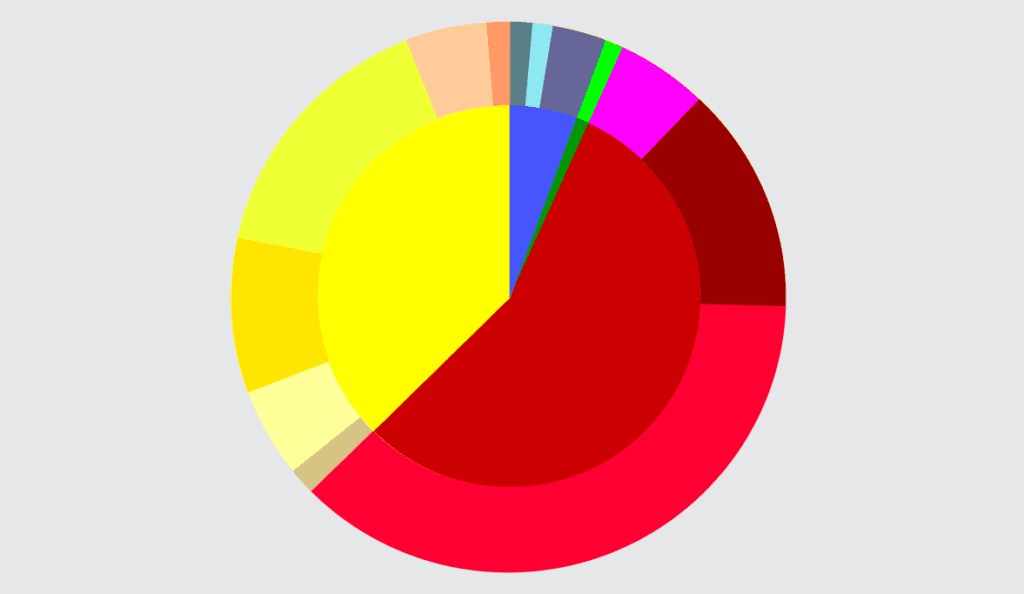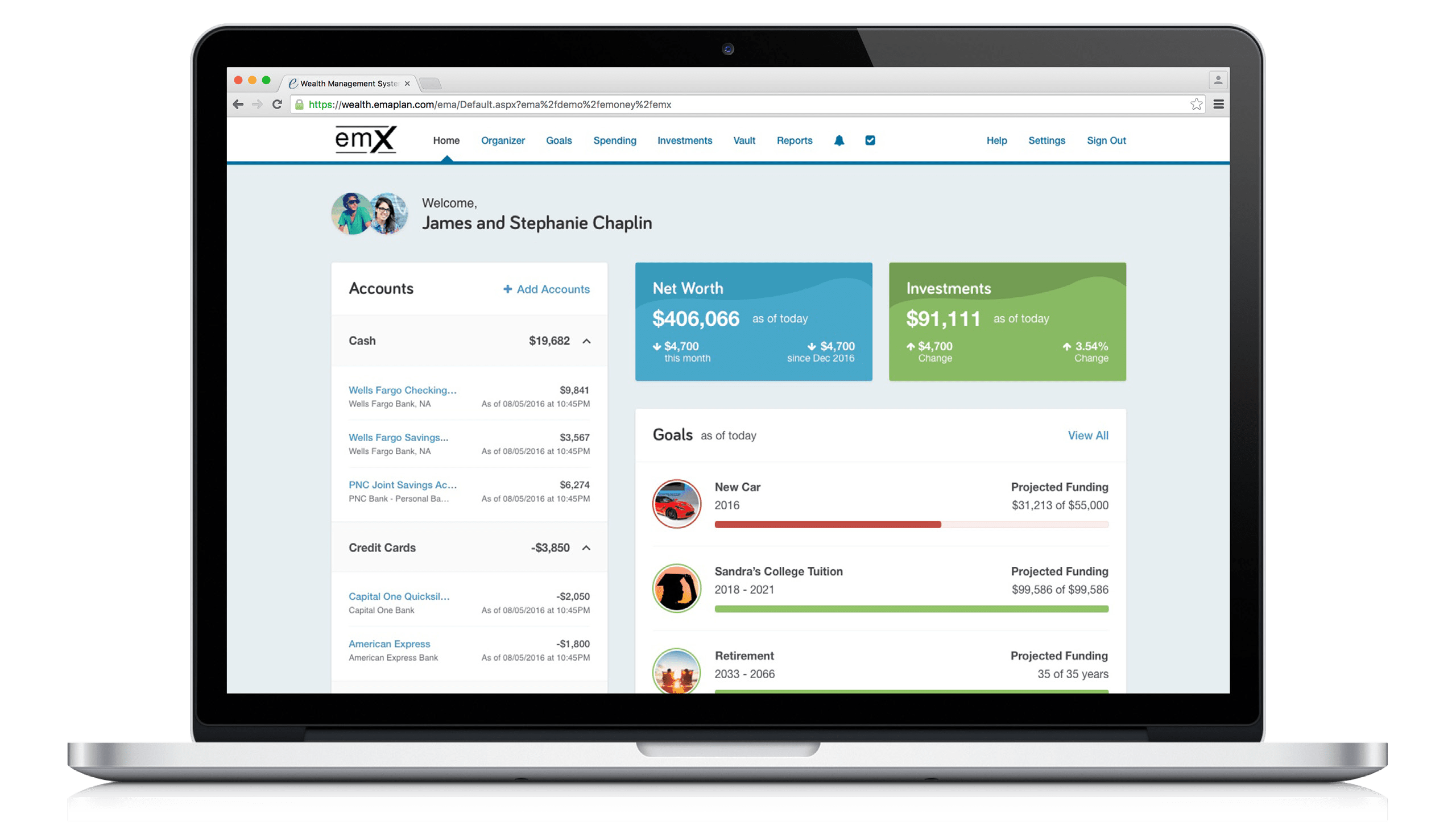What is tax loss harvesting anyway – and why should you care?
The very term “tax loss harvesting” seems weirdly self-contradictory. How can a loss be ‘harvested’ and why would one ever want to do that?
The answer lies in the way our system of taxing investments works. Many people imagine that all investment accounts work like IRAs, i.e., that gains in the investments they hold only become taxable when they are withdrawn from the account. However, that isn’t the way it works. Regular investment accounts are subject to taxation on all income and realized capital gains, regardless of whether their owners leave those gains in the account or withdraw them.
Investment income typically consists of either interest income or cash dividends. A capital gain, on the other hand, is the additional money you receive from selling an investment for more than its original purchase price. For example, if you bought a stock for $100/share and later sell it for $120/share, then you have made a capital gain of $20/share ($120 – $100 = $20).
Say, however, that a stock you purchased goes down in value. (We all know that that does happen.) In that case, you may sell the investment for less than its original purchase price. If that happens, you have a capital loss rather than a capital gain.
When figuring out how much tax you’re going to need to pay on your capital gains in any year, the IRS lets you add up all your gains and subtract all your capital losses before arriving at a taxable amount. (Yes, I’m ignoring the short-term/long-term distinction and certain other details for now.)
Remember that stock you sold for a capital gain of $20/share? If you had 1,000 shares, your $20,000 capital gain is fully taxable unless it is offset by a capital loss of similar value in the same year. So rather than shell out $5,000 in cash (or more) for the privilege of selling out of your original stock position, you take a look at other investments in your portfolio that might currently be valued at less than their original purchase price. If you are willing to sell one or several of those, their losses you realize by selling them offset the gains you have and reduce your income tax liability for the year. That’s called tax loss harvesting.
Is it a good idea? Many times, but not always. Tax loss harvesting makes the most sense when the offsetting sales you make are consistent with your overall portfolio strategy. In other words, it makes sense to save on taxes wherever possible, but it probably isn’t worth putting your whole portfolio at risk in some other way. Tax loss harvesting may also not make sense if you’re in a particularly low tax bracket now and anticipate being in a higher tax bracket later on in life. So it depends.
If done mindfully, however, tax loss harvesting can lower your tax bill by a significant amount while maintaining the overall positioning and risk profile of your portfolio.
Jane Beule
19 February 2016



